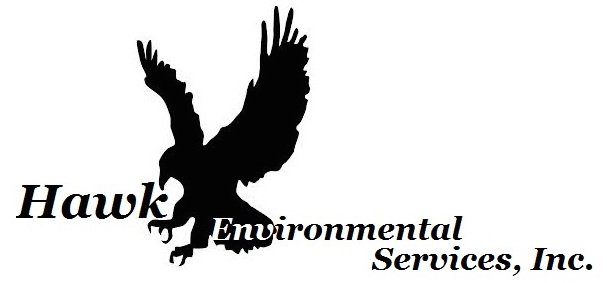Formaldehyde has recently been featured in many news articles and identified as a major cause for concern for a wide variety of building occupants. This gas can cause numerous health problems, including watery eyes, burning in the throat and nose, skin irritation, headaches, and even some forms of cancer. Many manufacturers have become aware of these issues and are now providing formaldehyde-free products, but the use of formaldehyde is still widespread in building materials, adhesives, furniture, laminate flooring, manufactured wood products, and many other materials.
As this has become more obvious to consumers and safety staff, many labs and companies have tried to capitalize on this fear and are offering meters and mail-away tests. The truth is that many of these products are completely ineffective at providing accurate measurements of the formaldehyde concentrations in the air. One of the reasons for this lack of accuracy is the nature of formaldehyde; it is very reactive and breaks down quickly. The only way to get accurate fine measurements of formaldehyde is to utilize calibrated air pumps and special media that is designed to stabilize the sample so that it can accurately be analyzed once it reaches the lab. This method is referred to as EPA method TO-11A and uses frozen tubes that contain DNPH-coated silica gel that stabilize the formaldehyde so that it doesn’t break down before it can be analyzed. This is why we only use this form of formaldehyde air testing, as it is accurate into the low parts-per-billion range.
What are the costs of Formaldehyde Testing in your area?
- This includes:
- $675.oo per sample (greater Seattle area)
- Portable pump calibration
- Frozen sorbent tube media
- Full eight-hour sampling period
- Refreezing and rapid transport of sorbent tube to prevent loss and breakdown of formaldehyde
- Final reporting and raw lab data within five to seven business days (reports in parts per billion of formaldehyde)
